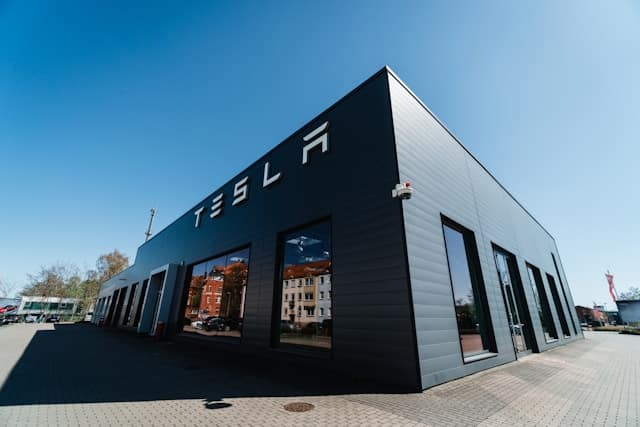Tesla has officially arrived in Africa—and it’s not just a symbolic move. With the launch of its first African office in Casablanca, Morocco, Tesla is laying the groundwork for a much larger electric revolution across the continent. But what does this mean for Africa’s EV future?
Tesla’s First Step in Africa
Tesla’s new office, registered on May 27, 2025, is located in the upscale Casablanca Marina business district. It’s more than just a showroom—the company plans to handle vehicle imports and sales, customer service, charging infrastructure, and renewable energy solutions like solar panels and battery systems from this hub. According to Business Insider Africa, the office will also provide after-sales support, technical assistance, and staff training, signaling Tesla’s intent to build a fully integrated ecosystem tailored to local needs.
Why Morocco?
Morocco isn’t just a random choice. The country has become a regional leader in automotive manufacturing and renewable energy, with investor-friendly policies and a growing green economy. Tesla’s decision mirrors its global strategy: set up infrastructure and services first, then scale up to local production.
In fact, Elon Musk confirmed plans in April 2025 to build Tesla’s first African factory near Kenitra—a move that could turn Morocco into a manufacturing and export powerhouse for EVs on the continent, as reported by Techpoint Africa.
Lowering the cost barrier
According to Business Insider Africa, One of the biggest challenges to EV adoption in Africa is affordability. Tesla’s vehicles are still out of reach for most consumers, but Morocco’s phosphate reserves—among the largest in the world—could help change that. Phosphate is a key ingredient in lithium iron phosphate (LFP) batteries, which are cheaper and more sustainable than cobalt-based ones.
By sourcing materials locally and producing batteries in Africa, Tesla could reduce costs and eventually introduce more affordable models, like the rumored $25,000 compact EV designed for emerging markets. African Folder notes that this strategy aligns with Morocco’s National Electric Mobility Strategy, which targets 20% EV penetration in new vehicle sales by 2030.
Charging ahead with infrastructure
Tesla’s presence could also accelerate the rollout of charging stations, which remain scarce across much of Africa. The company quietly installed Hybrid Superchargers in Casablanca and Tangier back in 2021 as a test run. Now, with a formal office in place, we can expect a more aggressive push to expand charging networks—a critical step for EV adoption.
Policy and regional influence
Tesla’s move may also influence government policies across Africa. As countries see Morocco benefit from EV investment, they may be encouraged to update regulations, offer incentives, and invest in green infrastructure to attract similar opportunities.
This could create a ripple effect, with nations like South Africa, Kenya, Ghana, and Egypt positioning themselves as future EV hubs.
A greener, smarter future
Tesla’s entry into Africa isn’t just about cars, it’s about energy independence, innovation, and economic opportunity. By combining EVs with solar and battery tech, Tesla is offering a vision of clean mobility that fits Africa’s needs: urban growth, energy access, and climate resilience.
As African Folder puts it, Tesla’s Morocco office could become a template for sustainable development across the continent.




